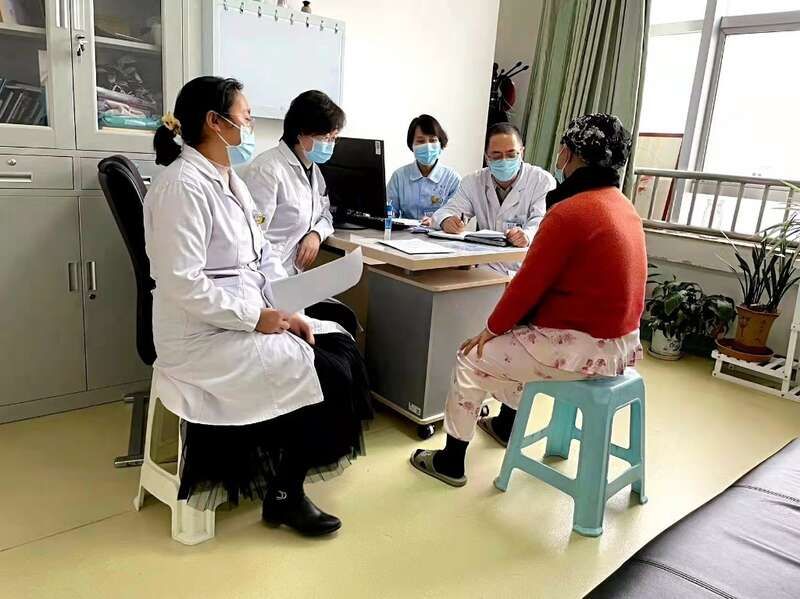China Youth Daily Client News (China Youth Daily, China Youth Daily reporter Ma Fuchun) On the afternoon of March 15, the staff of the Rights Protection Office of Gansu Cancer Hospital came to the ward to talk and sign, in response to the application made by the special needs ward. As a third party, I hosted and witnessed the administrative talk of the hospital’s first clinical diagnosis and treatment case.

According to the case information and condition assessment submitted in advance, the staff first Detail the respective legal responsibilities of the physician and the patient. The doctor in charge introduced the medical history, diagnosis and treatment plan, alternative plans and corresponding advantages and risks, expected costs and current problems, and patients also expressed their understanding and opinions on the diagnosis and treatment plan. During the conversation, the staff of the Human Rights Protection Office confirmed and properly reminded the patients of the contents of the informed consent form item by item.
“I am in charge of my life, thank the treatment team in the special needs ward for the precise treatment plan for my condition screening, and thank the leaders of the hospital rights protection office for clearly informing and fully respecting my legal rights, and seeking medical treatment in such an environment , I feel very at ease.” After the conversation, the patient said sincerely.
According to reports, the administrative conversation is a third-party conversation joined by the hospital administration department, and it is a new mode of strengthening doctor-patient communication. As a third party in the administrative conversation, the hospital rights protection office can use its own medical and legal knowledge, plus its long-term experience in dealing with medical disputes and coping skills, to timely discover and deal with the links in the medical process that may cause medical disputes. intervene. Compared with conventional preoperative (or pre-treatment) interviews, administrative interviews fully take into account the opinions of patients and their principals, and allow patients to participate in medical decision-making.
“By informing and negotiating information about the current condition, criticality, treatment and alternatives, possible treatment risks and other related disease information, patients can have a full understanding of medical measures and a certain right to choose, and also have a certain right to choose. It can reduce the medical expectations of patients to a certain extent, reduce the incidence of patient dissatisfaction, and achieve benign doctor-patient communication.” said Huang Yunxiao, director of the Rights Protection Office of Gansu Cancer Hospital.
Source: China Youth Daily Client